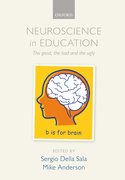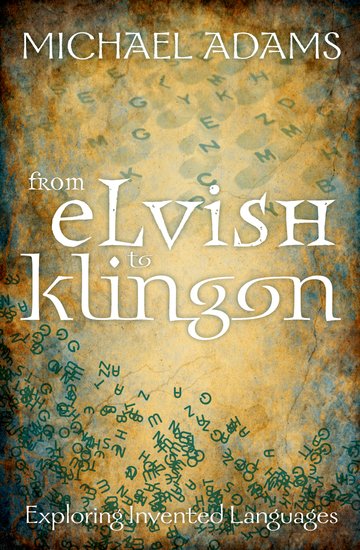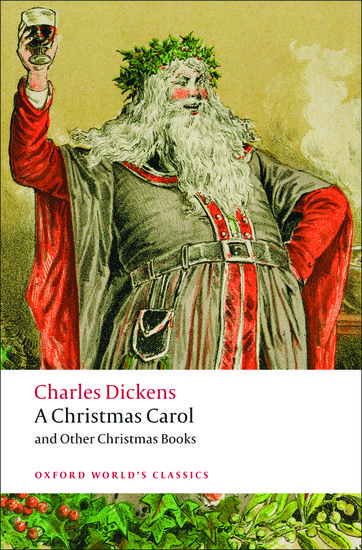‘Ebonics’ in flux
By Tim Allen
On this day forty years ago, the African American psychologist Robert Williams coined the term “Ebonics” during an education conference held at Washington University in Saint Louis, Missouri. At the time, his audience was receptive to, even enthusiastic about, the word. But invoke the word “Ebonics” today and you’ll have no trouble raising the hackles of educators, journalists, linguists, and anyone else who might have an opinion about how people speak.










